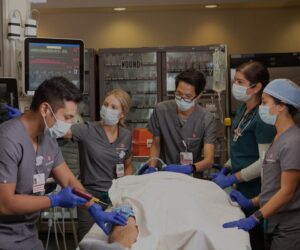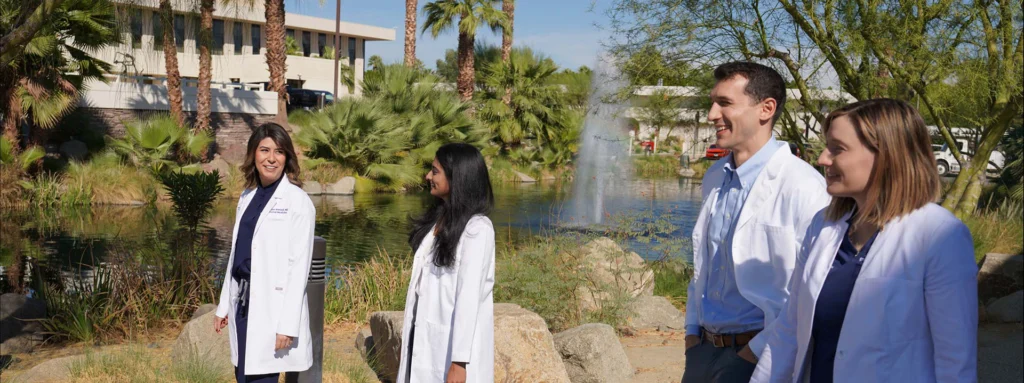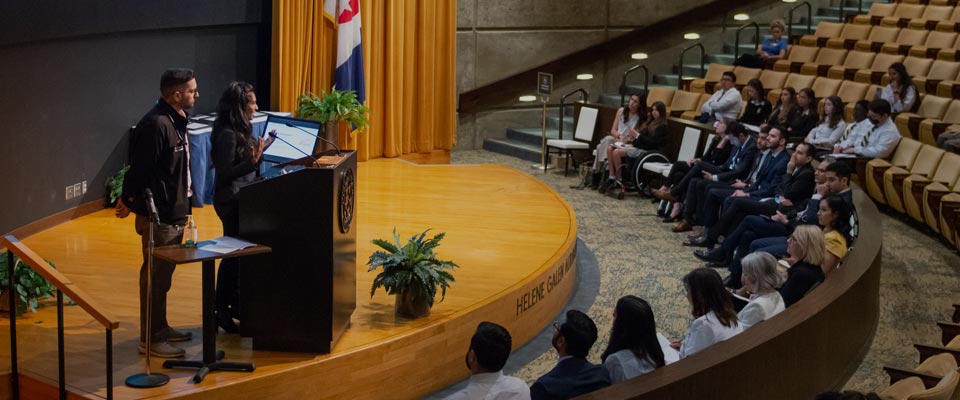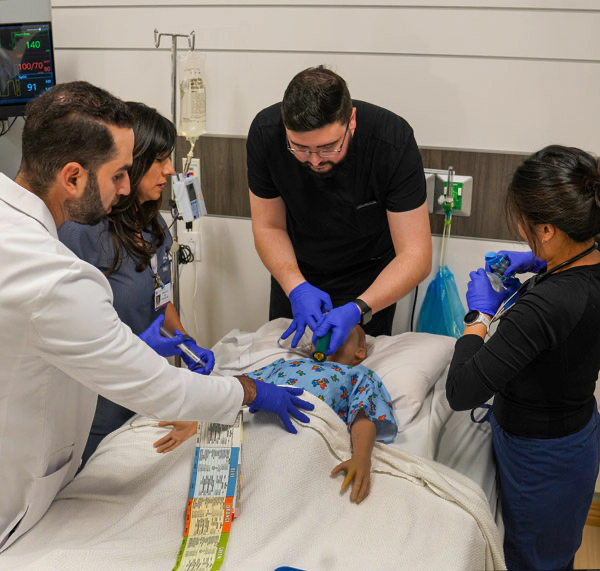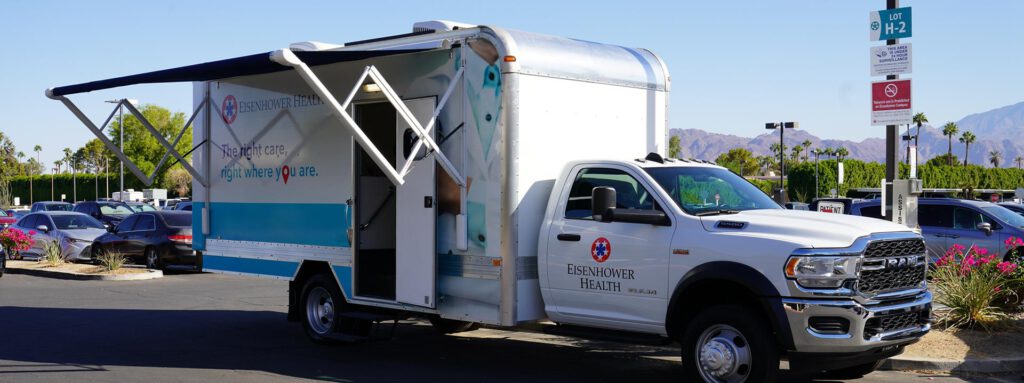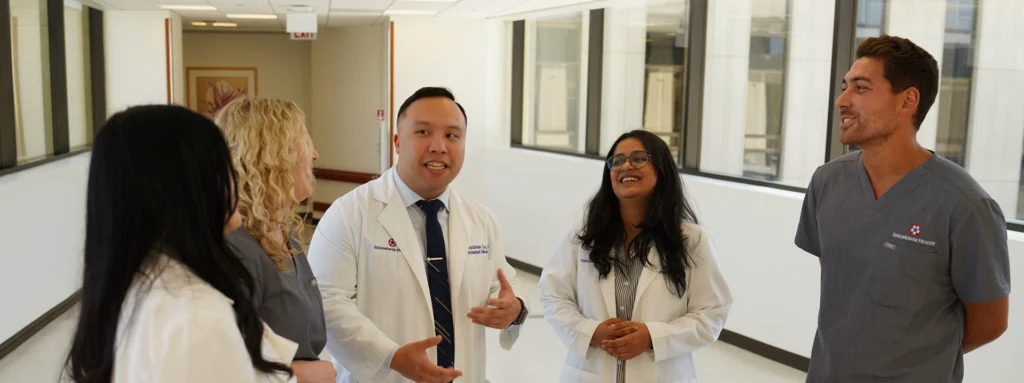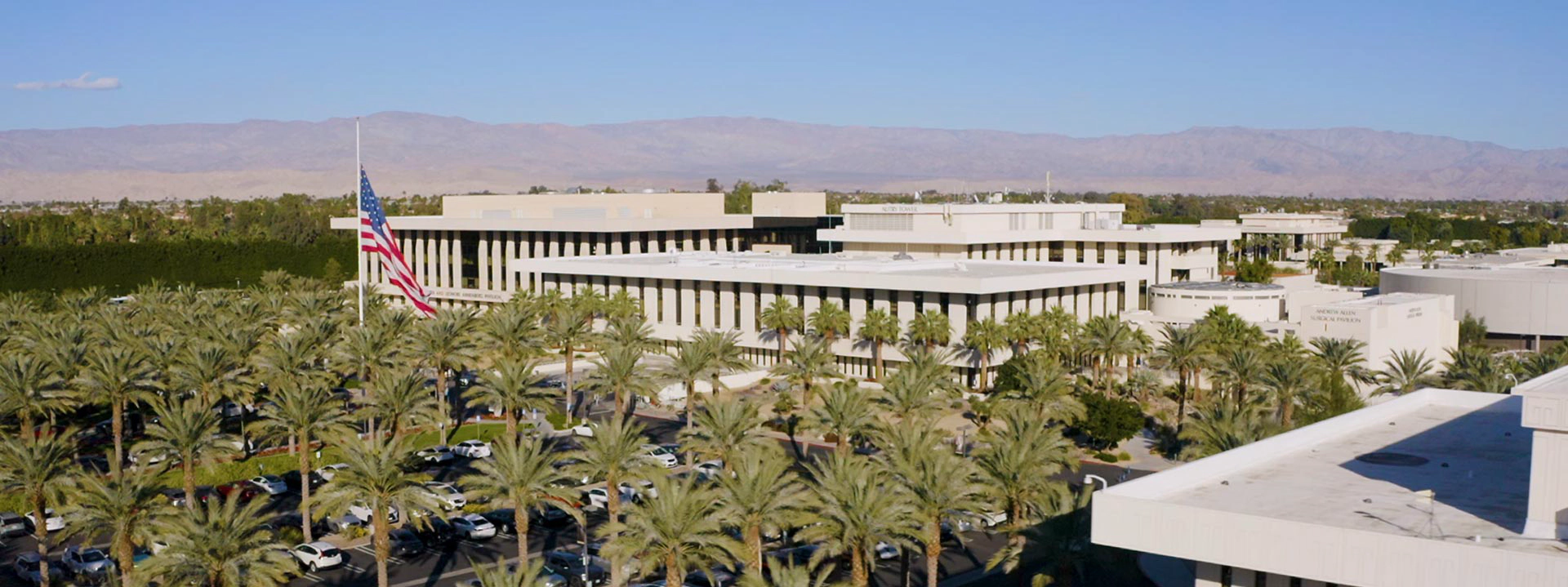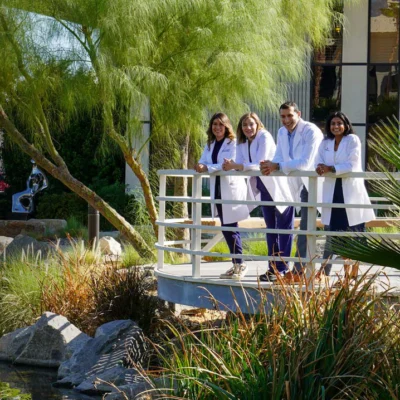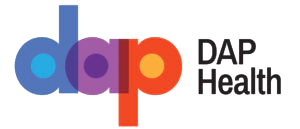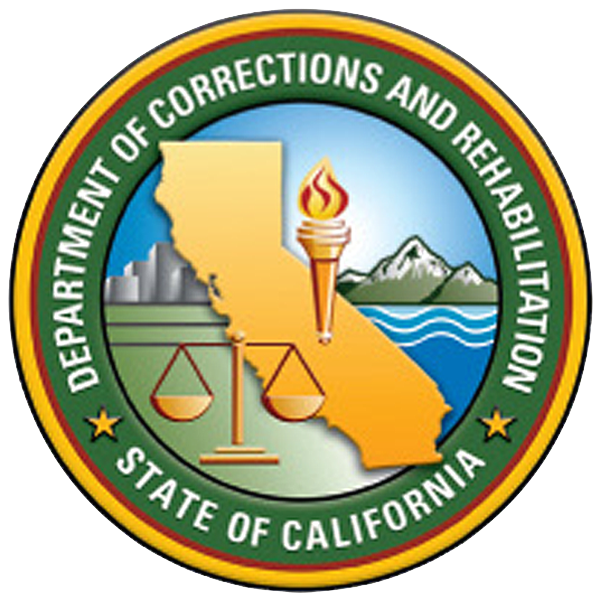Addiction Medicine
Fellowship Overview
Important Announcement: Effective July 2026, we will no longer be offering the UCLA track for our Addiction Medicine Fellowship. If you have any questions or need further information, please feel free to contact, Program Director, Dr. Eduardo Javier at EJavier@eisenhowerhealth.org
Eisenhower Health currently offers one (1) Addiction Medicine track held at Eisenhower Health campus in Rancho Mirage, CA.
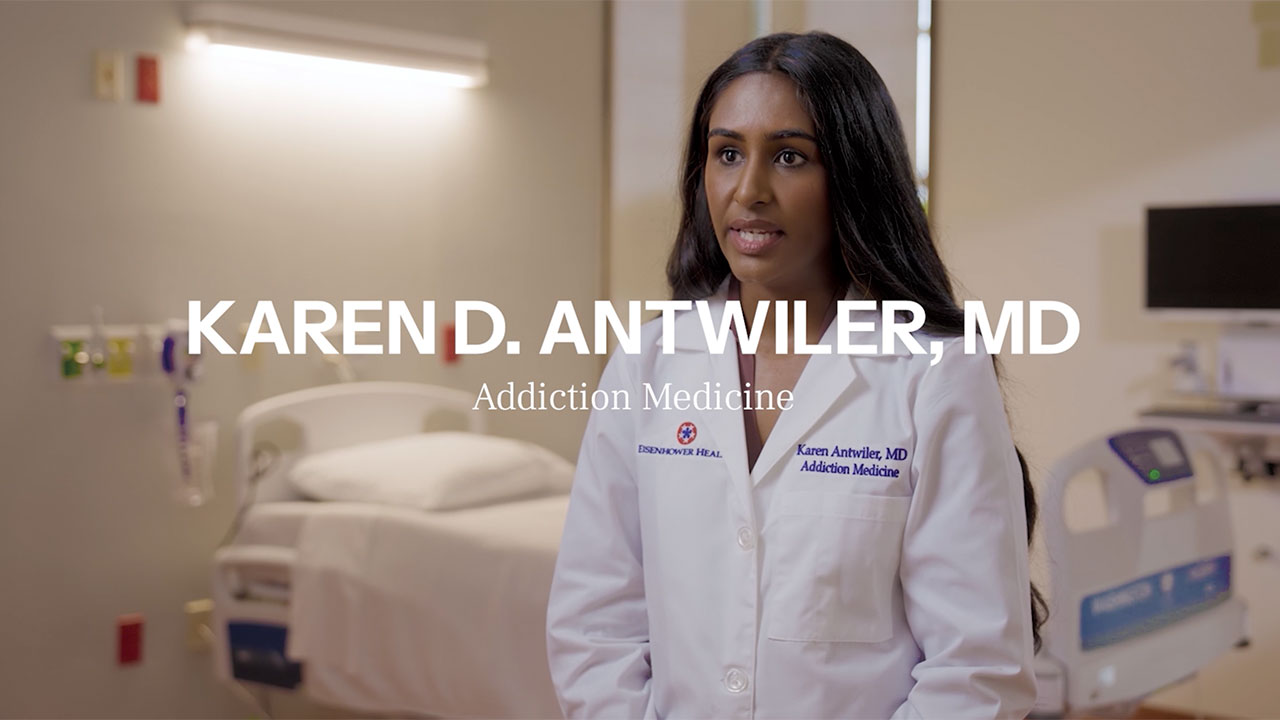
Eisenhower Health/Hazelden Betty Ford Foundation Track
The Eisenhower Health/Hazelden Betty Ford Foundation Addiction Medicine Fellowship is an ACGME-accredited, one-year program offering a rich and diverse learning experience. The program involves varied clinical rotations and incorporates practical clinical experiences, empowering physicians to effectively address all aspects of addiction medicine. The program will ensure a comprehensive, wide range, research-focused training with elective rotations concentrated on complex cases such as addiction in the elderly, HIV and addiction and pain management curriculum.
About the Eisenhower Health/Hazelden Betty Ford Foundation Program:
Are you ready to take your skills in addiction medicine to the next level? The Addiction Medicine Fellowship is the perfect opportunity for you! This one-year program offers a rich and diverse learning experience that is focused on patient care. With clinical rotations and practical clinical experiences, you will become an empowered professional who can effectively address all aspects of addiction medicine.
Our program is designed to expose you to all addiction medicine settings, from admission through post-discharge care and relapse prevention. You will learn how to administer withdrawal management protocols in all substances of abuse, complete addiction-focused patient histories and physical exams, and determine pathophysiology, medical treatment, and relapse indicators. You will also develop proficiency in medical management, interview skills, patient education, and oral presentations.
But that's not all! We also provide expert knowledge of the disease of addiction, family codependency dynamics, diagnostic criteria, trauma-informed care, neuroscience, and psychopharmacology. As a member of a multidisciplinary treatment team, you will play a critical role in helping patients overcome addiction.
Your rotations will include several specialized treatment programs at the Hazelden Betty Ford Foundation in Rancho Mirage. You will have the opportunity to participate in day treatment and intensive outpatient treatment, teens and young adults addiction treatment, the family program, professionals program, medication-assisted treatment for addiction, and residential treatment programs.
This is not just a program, it's an experience that will provide you with the confidence to venture out to your own practice. So come join us and become a part of our community of addiction medicine professionals!
Participating Sites
Program Curriculum
The curriculum outlines the extensive learning opportunities that will ensure a complete understanding of the disease of addiction and its effects on overall health of the patient, loved ones and the community. Our curriculum focuses on neuroscience, psychopharmacology, neuroanatomy correlating with an array of evidence-based behavioral treatments patterned to each unique individual patient encompassing all of the population in the Coachella Valley and Los Angeles.
Seminar and Course Learning
- Annual Addiction Medicine Conferences (CSAM and ASAM)
- Motivational Interview/Enhancement seminars
- Behavioral Therapies for patients with substance use
- Addiction Medicine Journal and Book presentation
- Psychopharmacology, Neuroscience and Neuroanatomy lectures
- Core Addiction medicine didactics through ACAAM weekly National Didactics
- Clinical Case presentation, Grand Rounds and M&M
- Diversity, Equity and Inclusion lectures and seminars
- Quality Improvement and Root Cause Analysis participation
Core Competencies
Leadership & Faculty
Eduardo P. Javier, MD
Director of Addiction Medicine Fellowship
Addiction Medicine*
Hospitalist
Internal Medicine*
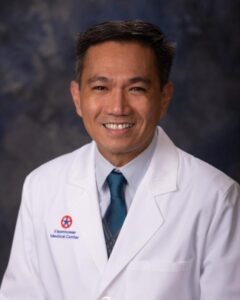
Eduardo P. Javier, MD
Professional Details
Primary Specialty: Addiction Medicine*, Hospitalist, Internal Medicine*
Years in Practice: 13 years
Years on Staff: 16 years
Languages: English, Tagalog
Professional Education
Medical School: Far Eastern University – Nicanor Reyes Medical Foundation Insitute of Medicine
Residency: Saint Johns Epis. Hosp-New York
Internship: Saint Johns Epis. Hosp-New York
Fellowship: Loma Linda University Medical Center
Board Certification
American Board of Internal Medicine
American Board of Preventive Med/Addiction Med
*Board Certified in Addiction Medicine

Karen Antwiler, MD
Professional Details
Primary Specialty: Addiction Medicine*
Years in Practice: 3 years
Years on Staff: 3 years
Languages: English
Professional Education
Medical School: SRM Medical College Hospital & Research Centre
Residency: Eisenhower Medical Center
Fellowship: Eisenhower Medical Center
Board Certification
American Board of Family Medicine
*Board Certified in Addiction Medicine
Have Questions About Our Programs or Need Help?
Contact us to learn more about Eisenhower Health's Graduate Education programs.
